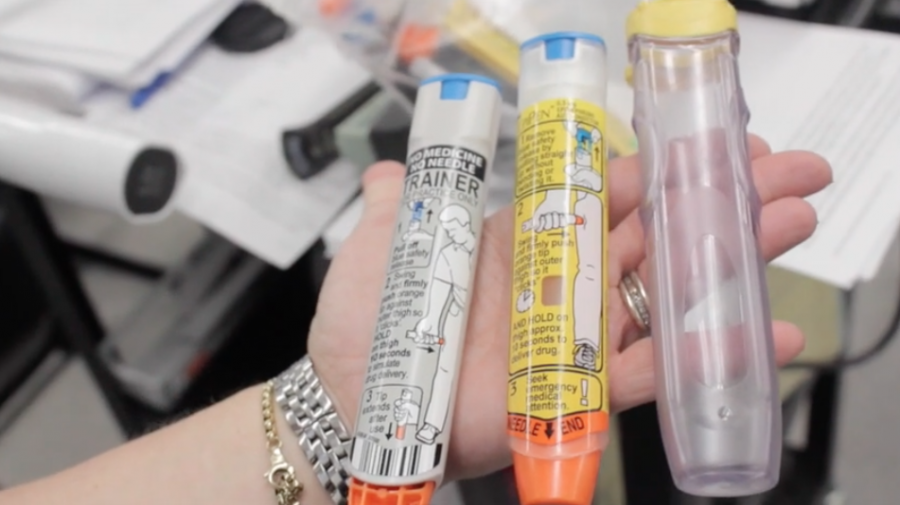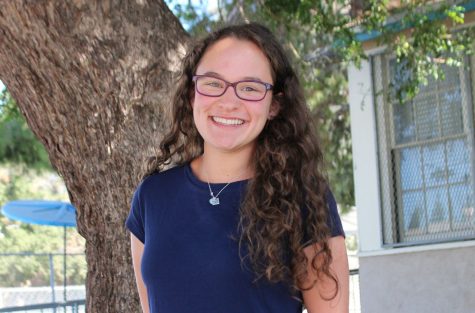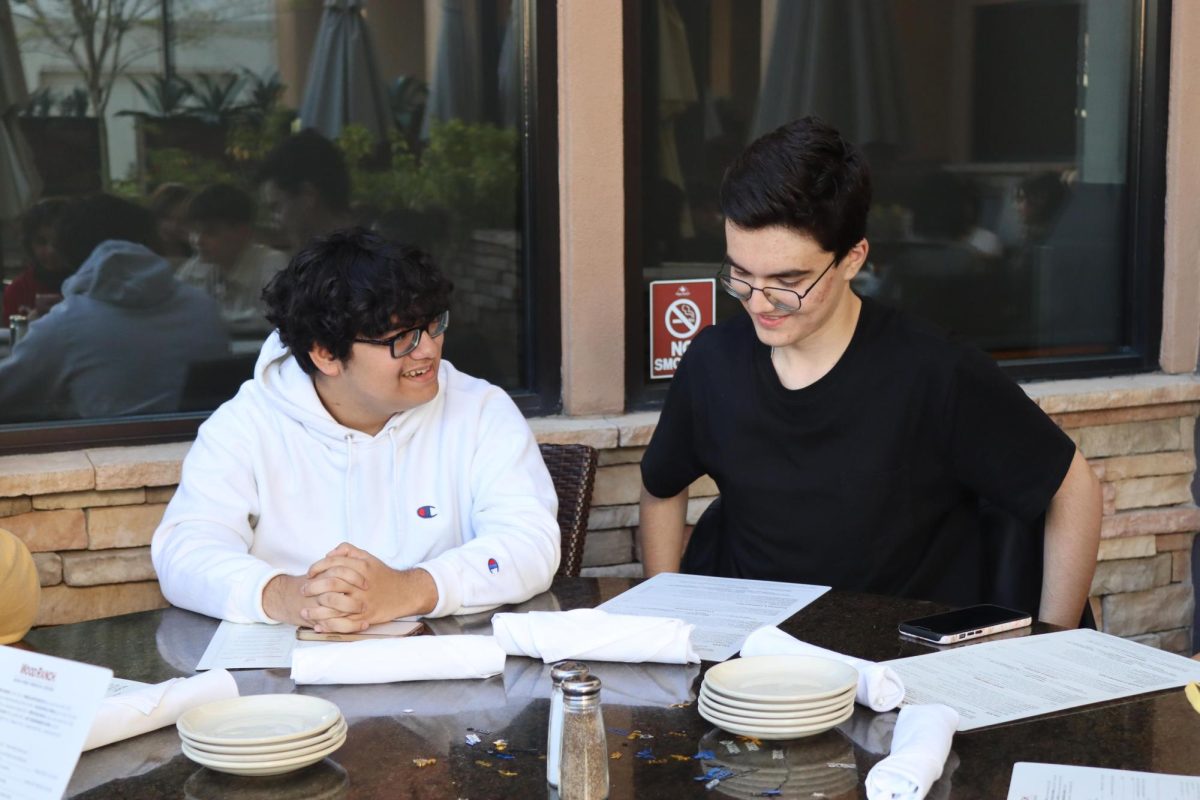How I came to terms with my peanut allergy
April 13, 2015
I was the one who told my parents that I was allergic to peanuts when I was seven.
I remember that day very well. I was being particularly difficult that day by not wanting to eat the same dinner as the rest of my family.
After settling for a bowl of ketchup, I was still hungry so my mom offered me some of her leftover Thai dish that she had gotten with a friend. Eyeballing the rice, I gladly took a spoonful.
After immediately spitting it out I yelled at my mom asking her if there were peanuts in what I had just eaten. She said yes and asked why I wanted to know. I told my parents that I was allergic to peanuts.
Already irritated with my dinner choices, my mom explained to me that if I didn’t calm down then she’d have to bring me to the hospital where they would give me a shot with a very big needle. That got me quiet.
A few minutes later I threw up my dinner and developed hives all over my body and started to wheeze.
After giving me an antihistamine, my mom rushed me to the hospital where the emergency room doctor diagnosed me with a peanut allergy and suggested that I’d see an allergist to determine the seriousness of my allergy.
Anaphylaxis. That word has been following me around for nine years. It means that my peanut allergy is so severe that I could stop breathing immediately after consuming a peanut.
I carry EpiPens everywhere I go. The EpiPen is a shot that contains the chemical epinephrine that relaxes the muscles in the airways while helping the blood vessels contract. In case of an emergency, this shot could save my life.
When I was a baby, researchers thought it was best to avoid introducing foods that were known to have a high risk in allergies and said that these should be introduced when the infant was a little older.
For that reason, my parents didn’t try to get me to eat peanut butter until I was two. But at that age, I had absolutely no intention of eating it.
Recent studies are showing that the complete opposite could lessen the likeliness of a child developing a severe allergy.
Studies done in London, such as the Learning Early about Peanut Allergy (LEAP) trial, show that exposing a child to peanuts at a young age could immunize them from developing an allergy.
This information can’t help me. Unfortunately, I have a less than one percent chance of outgrowing my allergy. In fact, as I get older I’ve been developing even more allergies to foods such as soy and peas.
Researchers are trying to develop a cure for peanut allergies. While I know that I won’t be able to benefit from these results, my hope is that one day children will be able to consume foods without any danger of an allergic reaction.









